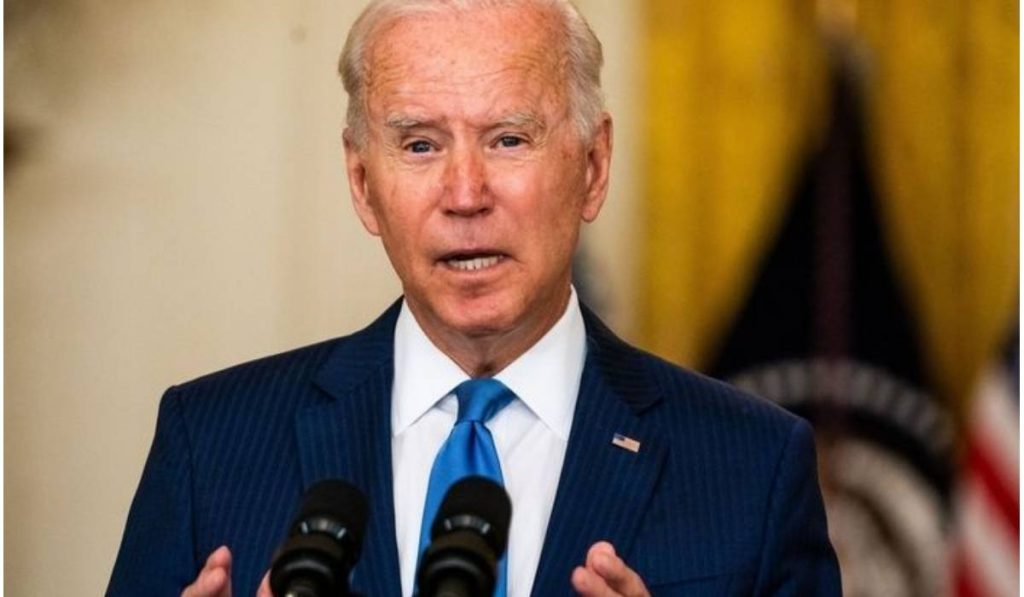
It’s been over a year since President Joe Biden’s first attempt to fulfill one of his campaign promises. To cancel student loan debt. His second attempt is now at a critical point, but things should become clear this week.
The Supreme Court repealed Biden’s original plan for large-scale student loan forgiveness in June. He would have forgiven up to $20,000 in loan debt if successful. This will have affected up to 40 million people, anyone with federal student loans nationwide.
After the failed outcome, Biden’s next move was to employ a committee of stakeholders. The members come from higher education; some are loan servicers, and others are borrowers. They were to use a process called negotiated rulemaking, or neg reg, to create a new plan for loan forgiveness.
ALSO READ: The Debate on Transgender Athletes in Female Sports Rages on as Both Sides Stand Their Ground
There have been several meetings with the committee already. However, the final round of talks did not start until this week. People are not happy about how things are looking.
“Something about this negotiation process has taken a turn,” says Jalil Bishop, a negotiator representing borrowers who took out loans for graduate programs.
Sherrie Gammage represents graduates of four-year programs, and she echoed the same concerns. “Has this committee, and the work that they’ve done, and the discussions we’ve had, had any meaning at all?” she asked.
When negotiations end, the group must agree on which student loan forgiveness ideas it will unanimously support. Afterward, the Education Department will write a version the public can react to.
POLL — Should Public Schools Include Critical Race Theory and Sex Education in Their Curriculum?
The agency says this plan will be guided by any proposals everyone on the committee agrees upon, called consensus. Meanwhile, Biden has been receiving heat from all sides for his plan to forgive student debt.
From the left, Senate Democrats are calling this fall’s return to loan repayment an “unprecedented event with a high risk of harm to borrowers.” On the other hand, Republicans in the House and Senate remain unshakable in their belief that student debt relief is unfair to Americans who already paid off their loans or never went to college.
ALSO READ: Chauvin Incident Sparks Concerns Over Federal Prison Safety
The Education Department is not expected to decide on a final proposal until mid-next year. Just ahead of the presidential election.
Once the Education Department finalizes a proposal, the public will have another opportunity to share their thoughts. However, the agency says another recommendation may not be until May 2024.
If the Education Department doesn’t make a decision, and a Republican wins next year’s presidential election, the chances of broad student loan forgiveness becoming a reality reduce drastically.
You Might Also Like:
Alex Jones Admits that He May Go Obsolete Soon During a Recent Interview
Chauvin Incident Sparks Concerns Over Federal Prison Safety
Adrian Monk Makes a Surprise Comeback, and It May Be His Final Goodbye
Hunter Biden Indicted For Failing to Pay Taxes While Spending Millions on a Lavish Lifestyle
